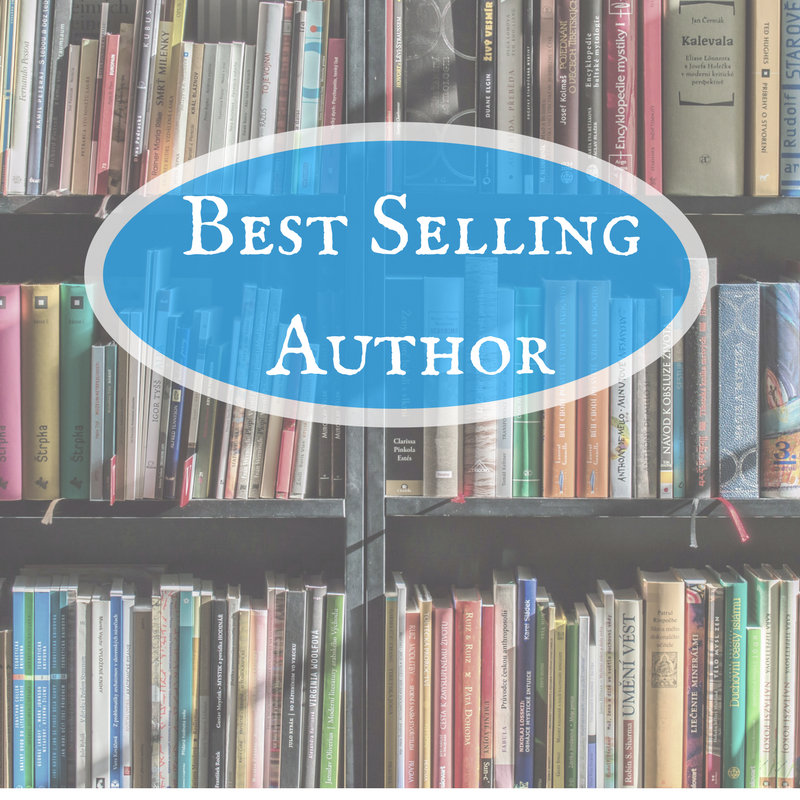
Bestsellers
Bestselling Author Interview with Jane Kirkpatrick
Can you share a little about your recent book? (Releasing in September 2020) Like most of my historical novels,…
August 1, 2020
Can you share a little about your recent book? (Releasing in September 2020) Like most of my historical novels,…
August 1, 2020
Can you share a little about your recent book? Sure!! Miss Eleanor Sheffield is a talented evaluator of antiquities,…
April 1, 2019
Can you share a little about your recent book? Obsessed (second book in Everyday Heroes Series) blurb: Stalker. Arson.…
January 1, 2019
Can you share a little about your recent book? The one I’m working on right now is called Flotsam…
September 1, 2018